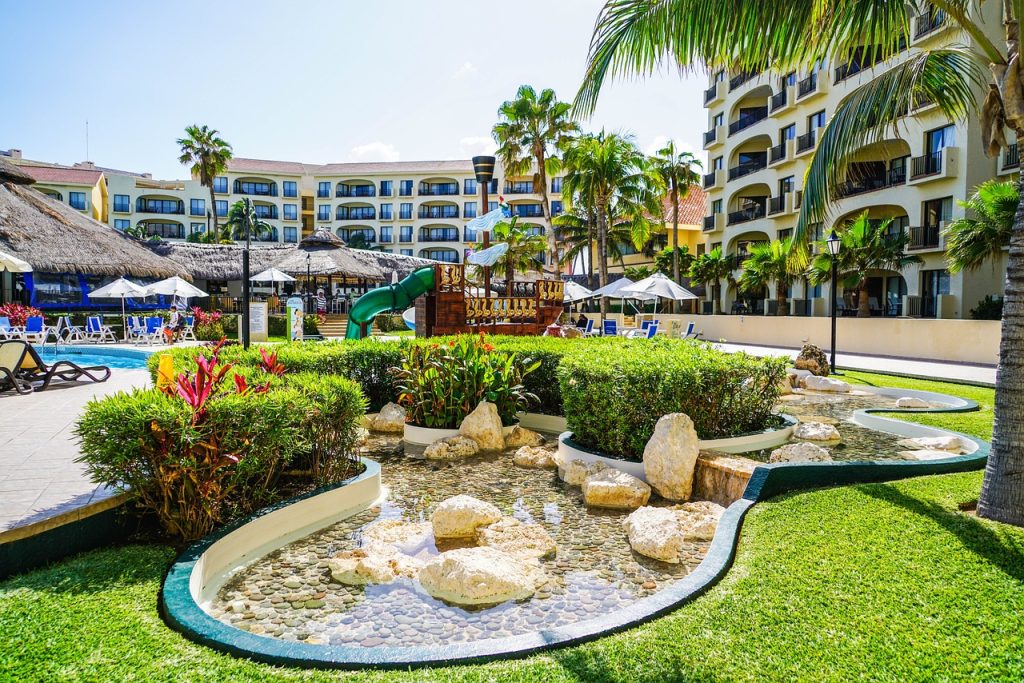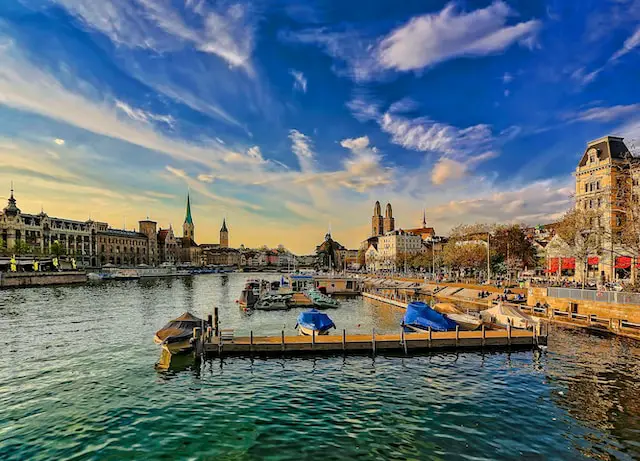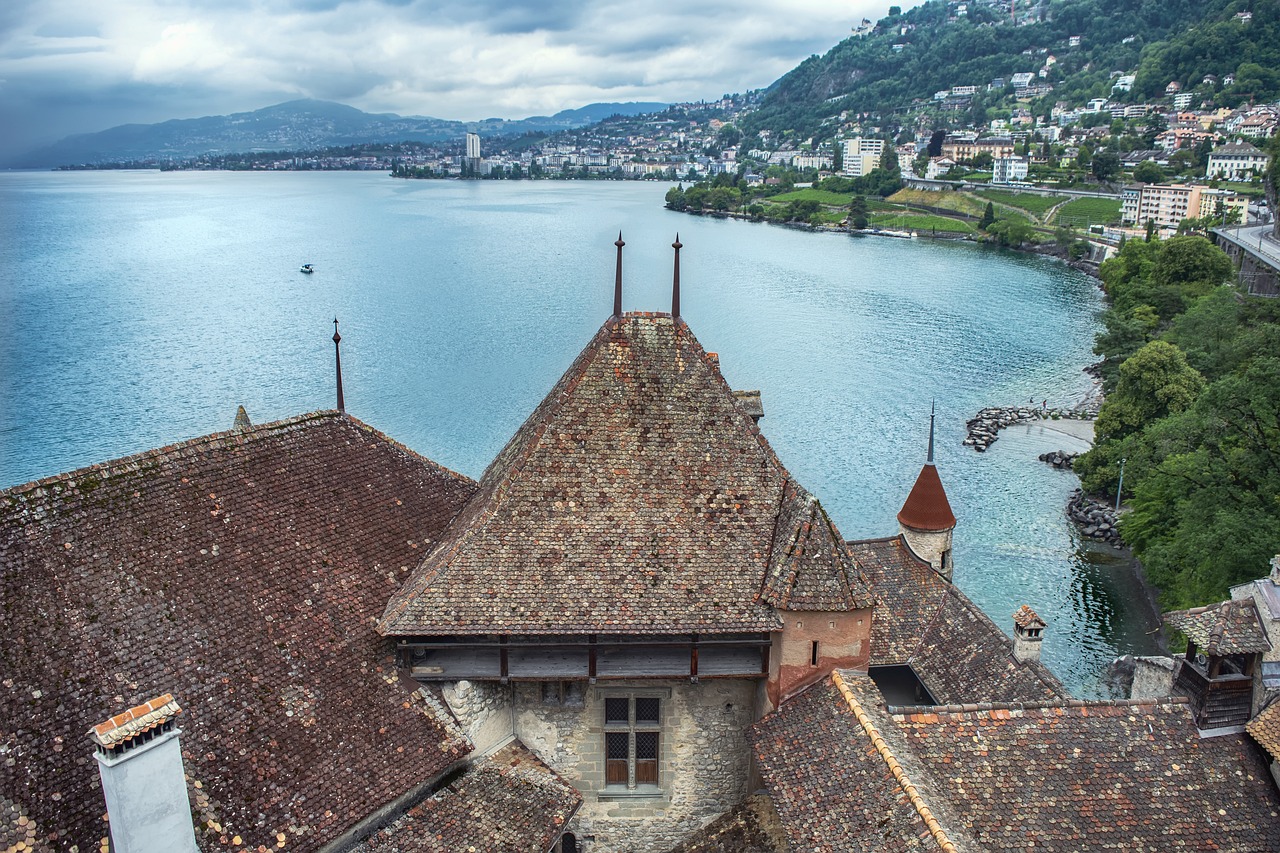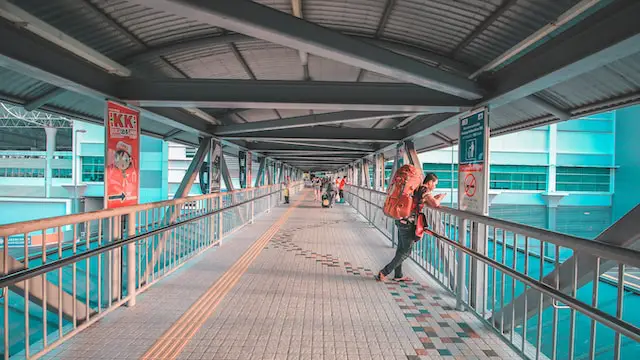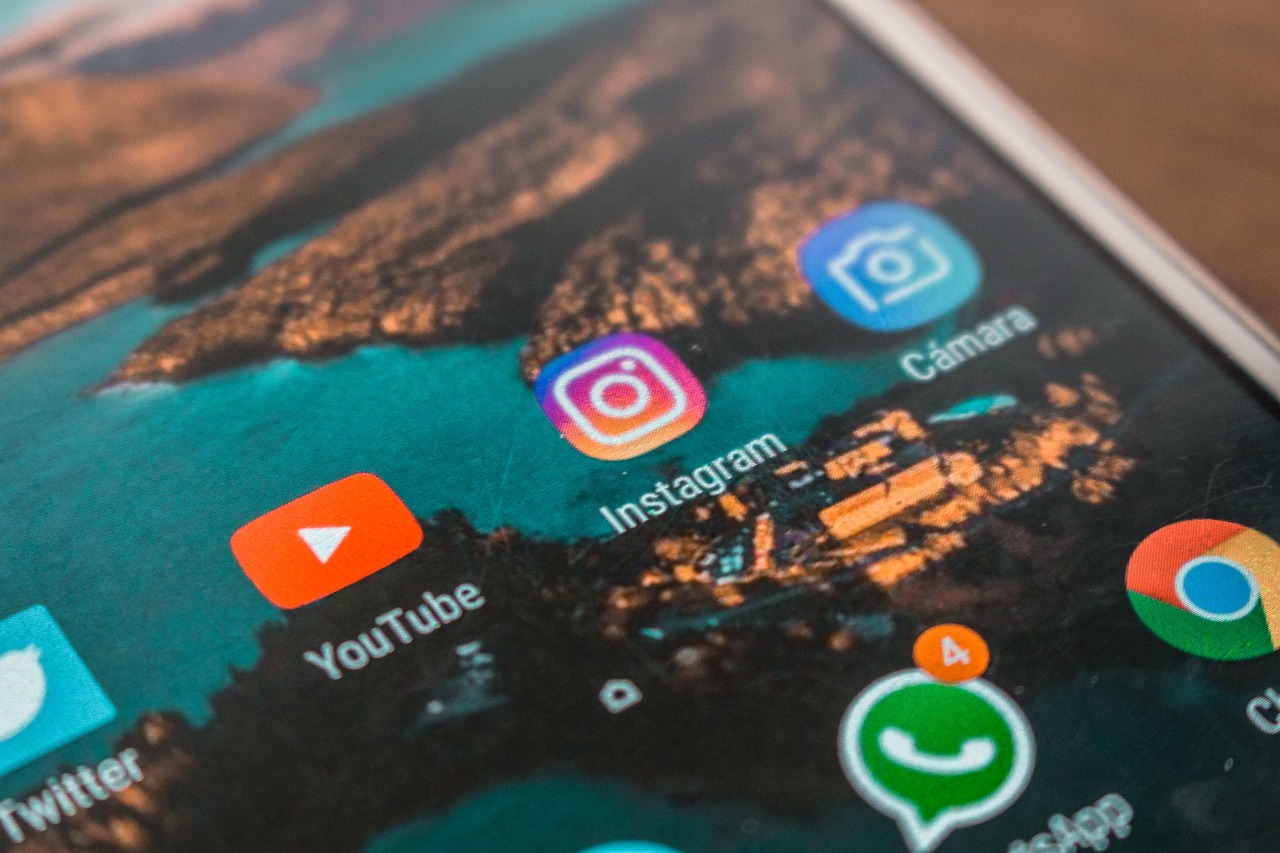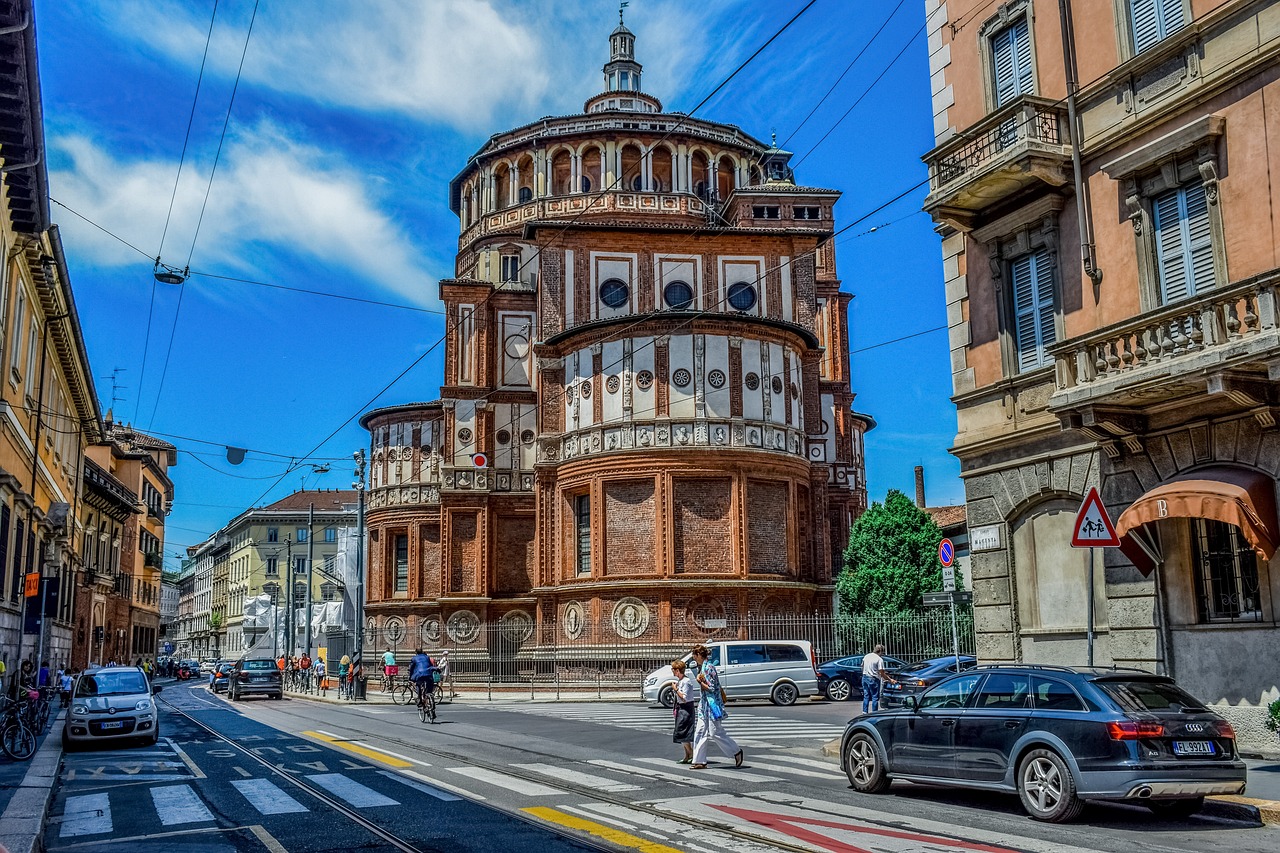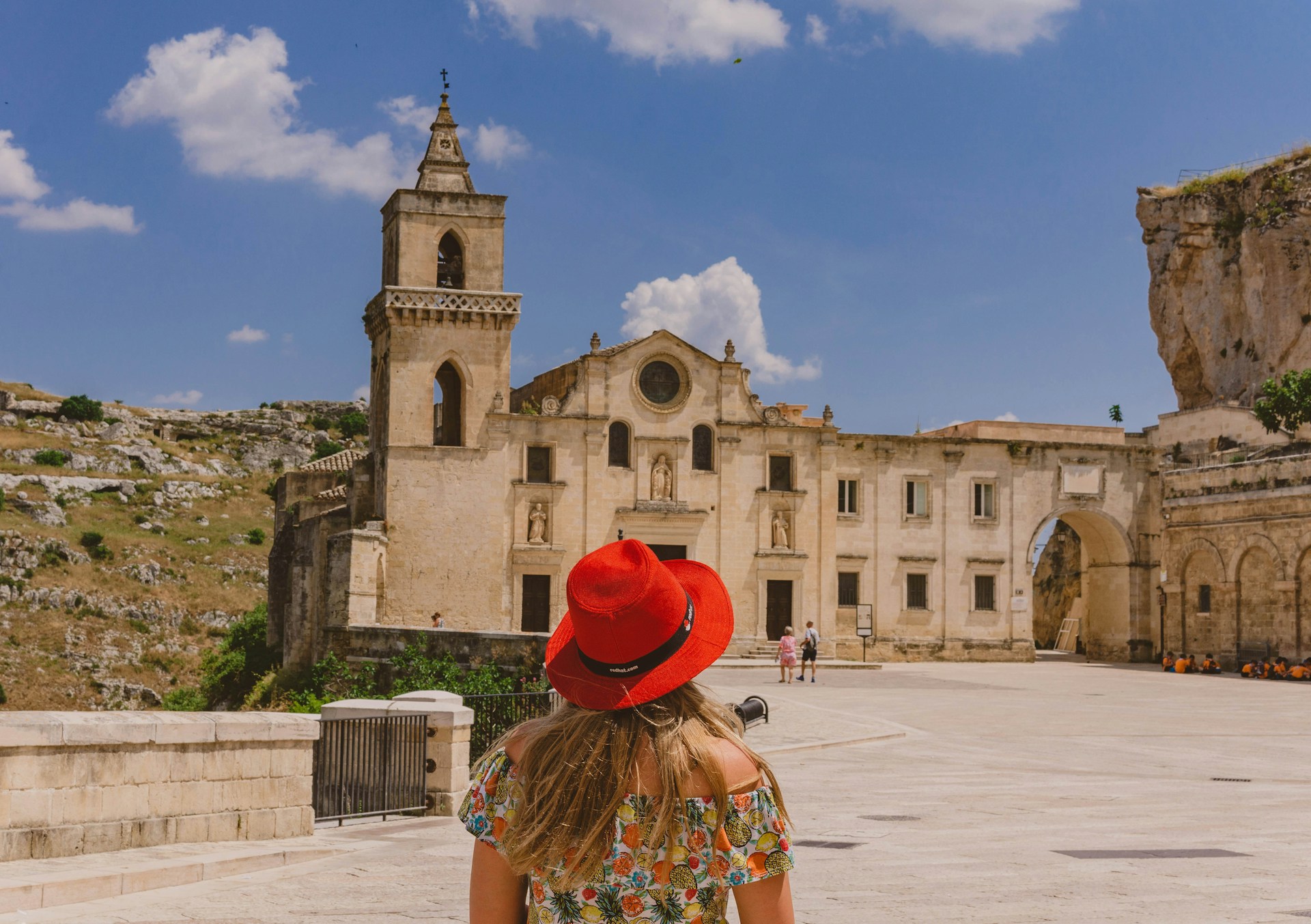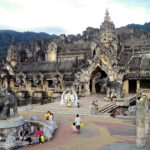Traveling, while incredibly rewarding, can also be a daunting endeavor. Whether you’re a seasoned globetrotter or embarking on your first international journey, there’s always room for improvement. Here are some tips and strategies on how to get better at traveling, aimed at enhancing your travel experiences while reducing stress and maximizing enjoyment.
Planning and Preparation
Thorough Research: Before you even book your flight, take the time to thoroughly research your destination. Understand its culture, language, customs, tourist spots, local transport, safety, weather, and cost of living. Websites like TripAdvisor, Lonely Planet, and local travel blogs are excellent resources.
Itinerary Planning: Based on your research, plan your itinerary. Include all the must-visit places and experiences, but also leave room for spontaneous plans. Overpacking your schedule can leave you feeling rushed and exhausted.
Budgeting: Effective budgeting is crucial to successful travel. Establish a daily spending limit, considering factors like meals, transportation, lodging, and entertainment. Remember to also keep a buffer for emergencies or unexpected expenses.
Travel Insurance: Don’t underestimate the importance of a good travel insurance policy—it can save you from massive expenses in case of medical emergencies, trip cancellations, or lost belongings.
Visa and Passport Check: Ensure your passport is valid for at least six months beyond your planned departure. Also, check the visa requirements for your destination well in advance to avoid last-minute hassles.

Packing Like a Pro
Packing Light: Overpacking is a common mistake many travelers make. Aim to pack light—take only the essentials and remember that you can always buy what you need at your destination.
Versatile Clothing: Pack clothes that are versatile and can be layered, especially for destinations with varying weather conditions.
Packing Cubes: Use packing cubes or bags to organize your suitcase. They not only save space but also make it easier to locate your belongings.
Carry-on Essentials: Your carry-on bag should contain all the essentials like travel documents, electronics, toiletries, an extra set of clothes, snacks, and anything you might need during the flight.
On The Move
Embrace Local Culture: Be open-minded and embrace the local culture. Try local cuisines, learn a few words in the local language, and participate in local traditions or festivals.
Use Public Transport: Not only is it cost-effective, but using public transport also gives you a glimpse into the local way of life. It also reduces your carbon footprint.
Stay Hydrated and Eat Well: While it’s tempting to try all the local junk food, remember to eat balanced meals. Staying hydrated, especially during flights, is equally important.
Exercise: Long flights, jet lags, and continuous sightseeing can take a toll on your body. Simple exercises, yoga, or a quick workout can help maintain your energy levels.

Safety and Health
Safety Precautions: Be aware of your surroundings, especially in crowded places. Keep your belongings secure and be wary of common tourist scams.
Health Precautions: Get the necessary vaccinations before your trip. Carry a basic first-aid kit and any necessary prescription medications.
Adhere to Travel Advisories: Stay updated on the travel advisories issued by the government for your destination. They provide valuable information on safety and security, health risks, and local laws.
Post-Travel Practices
Document Your Travel: Keep a travel journal or blog to document your experiences, feelings, and learning. It not only serves as a memoir but also helps in reflecting on your journey.
Review and Feedback: Write reviews for the hotels, restaurants, and attractions you visited. Your feedback can help future travelers and the establishments themselves.
Reflect and Learn: After your trip, reflect on what went well and what didn’t. Learn from your experiences and mistakes to plan better for your next trip.
Traveling is a skill that can be mastered with experience, patience, and a bit of planning. By incorporating these tips into your travel routine, you’ll find yourself becoming a more confident, efficient, and resourceful traveler. Remember, the ultimate goal of traveling is to enjoy, learn, and grow. So, keep an open mind, be adaptable, and savor the journey as much as the destination. Happy traveling!
Sustainable Travel Practices
Ecological Responsibility: As travelers, we bear a responsibility to protect the environments we explore. Avoid single-use plastic items, recycle when possible, and respect local wildlife and natural landscapes. Select eco-friendly accommodations and tour operators whenever you can.
Respect Local Communities: Supporting local economies is a key aspect of sustainable travel. Choose local restaurants, markets, and shops to give back to the community. Remember to respect local customs and traditions, always ask for permission before taking photos of locals or their property.
Advanced Planning
Advance Bookings: For popular attractions that may have long queues, consider buying tickets in advance. This not only saves time but also ensures that you won’t miss out on must-see attractions due to ticket availability issues.
Off-Peak Travel: Traveling during the off-peak season can offer numerous benefits. You can avoid the crowds, enjoy lower prices, and have a more laid-back, enjoyable experience.
Local SIM Card or Roaming Plan: Stay connected by getting a local SIM card or an international roaming plan for your current SIM. It’s important for online maps, travel apps, emergency situations, and staying in touch with loved ones.
Travel Etiquettes
Tipping: Understand the tipping culture of your destination. In some countries, tipping is customary, while in others, it could be considered rude. Do your research to avoid uncomfortable situations.
Cultural Sensitivity: Understand the local customs and traditions of the destination. Dress appropriately, especially in religious places, and respect local etiquette.
Being a Good Ambassador: As a traveler, you represent your home country. Behave in a way that leaves a positive image of your homeland. Be polite, courteous, and follow local laws and guidelines.
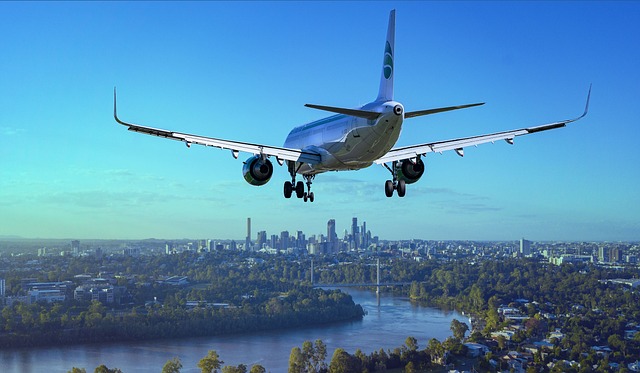
Building Travel Skills
Navigating New Cities: Enhance your navigation skills. Learn to read physical maps, and familiarize yourself with public transport routes and schedules. Being able to navigate confidently makes your travel more efficient and rewarding.
Language Skills: Learning the basics of the local language can greatly enhance your travel experience. Basic greetings, directions, and phrases like ‘please’, ‘thank you’, and ‘sorry’ can go a long way.
Culinary Skills: Don’t be afraid to try new foods. Exploring local cuisines is a significant part of the travel experience. If you have dietary restrictions, learn to communicate them in the local language.
Embracing Technology
Useful Apps: There are numerous travel apps that can make your travel more convenient. Translation apps, currency converters, offline maps, and travel guides can be very useful. Also consider apps for booking accommodation, flights, and local experiences.
Staying Charged: Carry a universal travel adapter and a portable charger. Keeping your devices charged ensures you can capture memories, navigate, and communicate when you need to.
Digital Copies: Keep digital copies of important documents like your passport, visa, and travel insurance. These can be lifesavers in case of loss or theft.
Traveling, much like any skill, can be improved over time with experience, mindfulness, and a willingness to learn. The above tips provide a roadmap to becoming a more accomplished traveler. With thoughtful preparation, open-minded exploration, respectful interaction with local cultures, and reflective post-travel practices, your journey can be more than just sightseeing. It can become a profound experience that enriches your life and leaves you with unforgettable memories. Happy travels!
